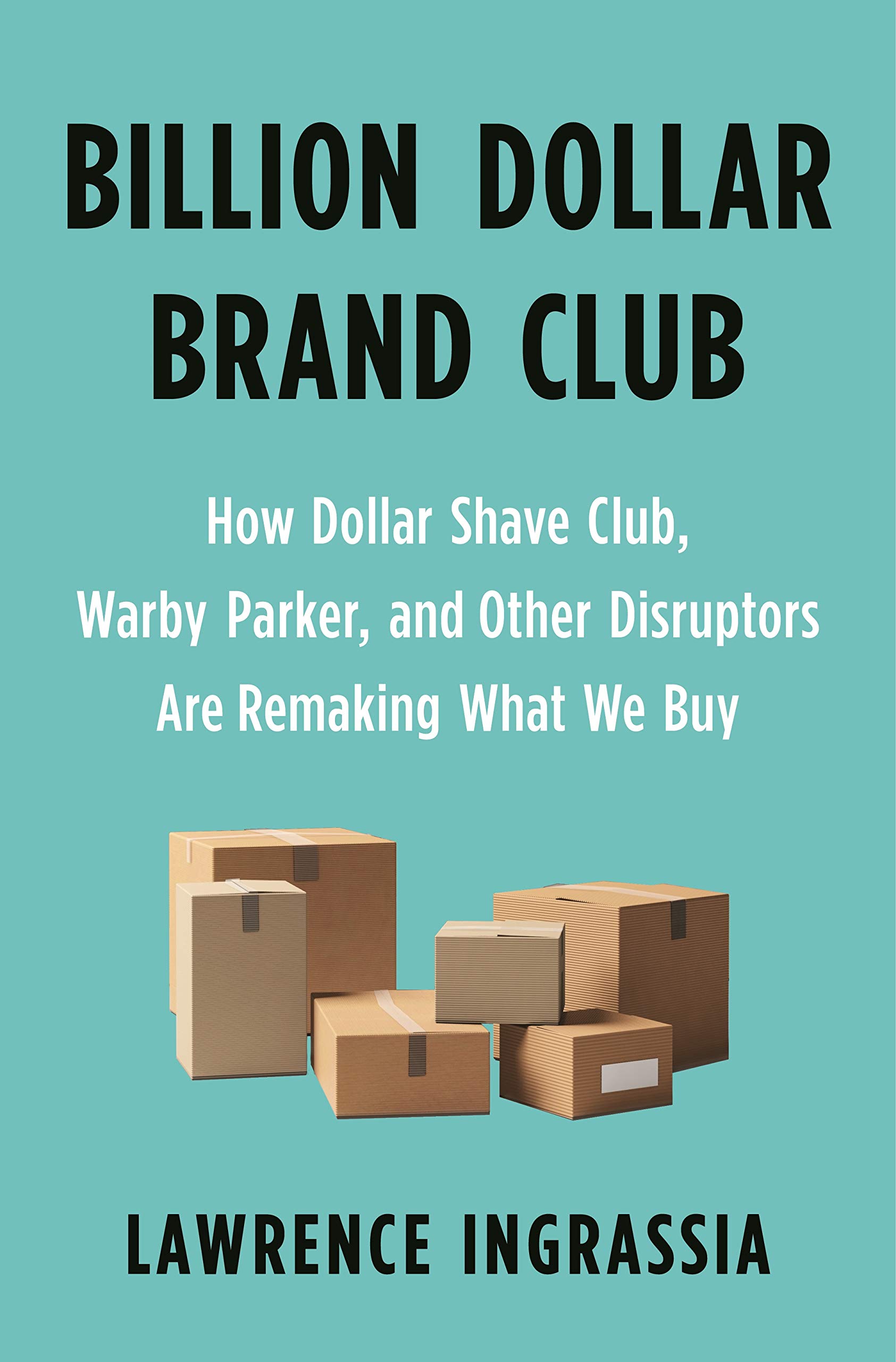Summary in 100 words or less
Use innovation not just in your product, but in how you sell it. Start lean—test demand online before investing big. Focus on data: customer insights are your edge over incumbents. Identify slow-moving, high-margin industries with weak customer ties and leverage their vulnerabilities—price, convenience, or experience. Build trust by being transparent, human, and fast to fix mistakes. Retention is everything: profit only comes after multiple purchases. Brands must now offer more than a product; they must deliver a standout experience and emotional connection. Distribution matters, but connection wins.
→ Join weekly newsletter to receive timeless insights every Monday
Commentary
My Highlights
You don't need innovation around what you sell. You can succeed with innovation around the way you sell it. Leverage the traditional supply chain and sell direct to consumer. Take your savings from the wholesale channel and pass it on to the consumer.
The best opportunities are where the innovation is slow to be appreciated by incumbents.
Signing on with a good supplier is the top priority. If you get that wrong, it doesn't matter if you get everything else right.
Entrepreneurs who come from outside an industry aren't afraid to rewrite the rules because they don't know enough to be constrained by how things were done in the past.
In the new digital-first brands, an online demand experiment can be run for next to nothing. You create a simple website, explain the idea for your product and ask visitors to provide their email addresses.
For almost all direct-to-consumer brands, data is the coin of the realm. The data they collect directly from each customer provides a significant advantage over bigger, long-established brands.
The cost of acquiring customers can be offset only if a lot of them become repeat customers who buy month after month or, even better, year after year. It's all about retention, because nobody makes money on the first order.
If you deliver an unexpected experience, like going to someone's house, or more important, seeing behind the scenes at a startup, that leads to conversation and connection, that brands can build relationships with customers just like human beings can build relationships.
When you make mistakes, the most important thing is to own up to the and try to solve them as quickly as possible.
Creating a new brand in the digital age was as much about creating a good customer experience as about creating a good product—maybe even more.
That's what direct-to-consumer is really about. It's not about distribution. It's about connection. Access to and relationship with the customer is the most important, number one factor.
If you want to build a brand, then you've got to invest money to make people aware of your presence.
It's a bit chicken-and-egg, but the most successful direct-to-consumer venture companies have raised a lot of money. Success begets capital, but capital also begets success.
It's not always a low-capital-intensive business, as it turns out. There is a potential downside: The more money you raise, the bigger price you have to fetch to deliver a good return to investors.
Even with the rapid growth of ecommerce, about 90 percent of all retail goods are sold the old-fashioned way: a shopper walks into a store and picks an item off a shelf. It's fine to be an online brand, but many startups are finding that if they want to grow bigger and grow faster, they eventually have to go where the people are.
In the old world, once a popular mass-market brand was established, it could count on a long reign. In the new world of brands, this is no longer true. Brand loyalty is declining as never before.
Single-brand loyalists are nearing extinction as people use their digital resources to bring a pocketful of brands to the same marketplace. This doesn't mean that brands don't matter, but rather that consumer is more empowered to make richer, more enlightened choices, spurred primarily by technology in the form of comparison shopping via smartphones and online reviews.
It's never been cheaper to start a business, but it's also never been harder to scale a business.








